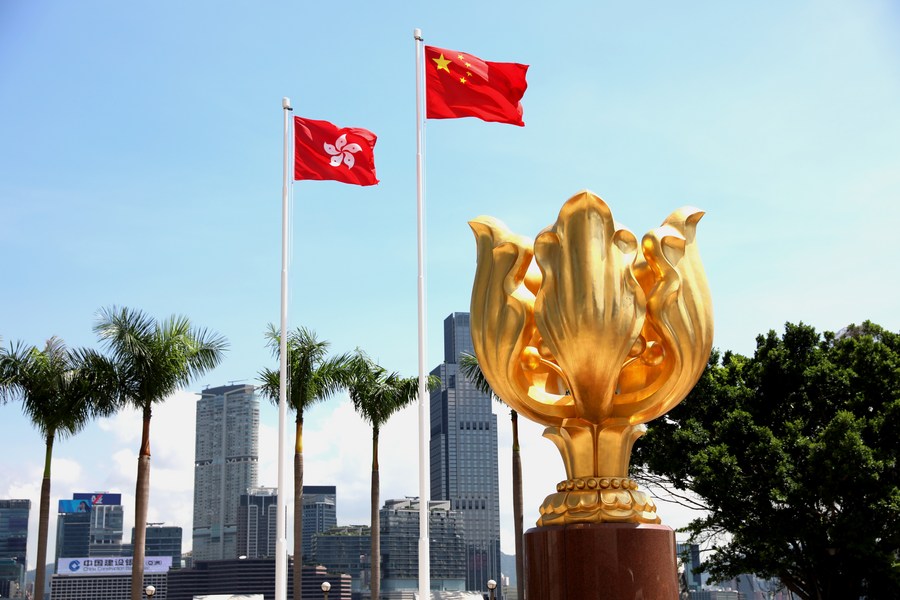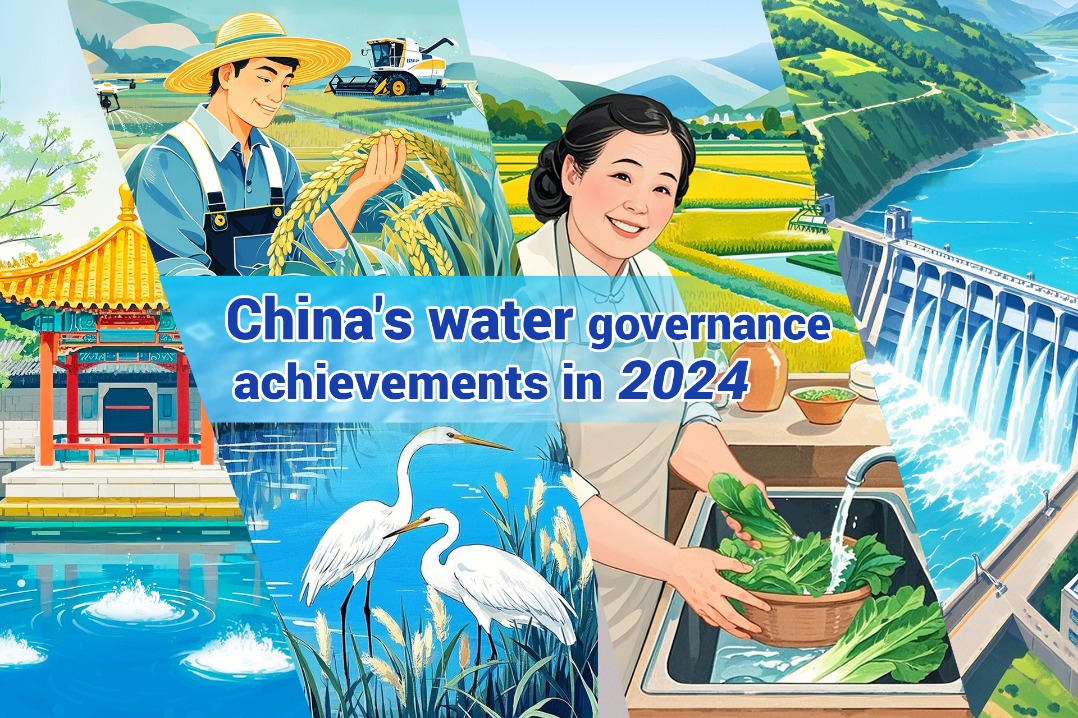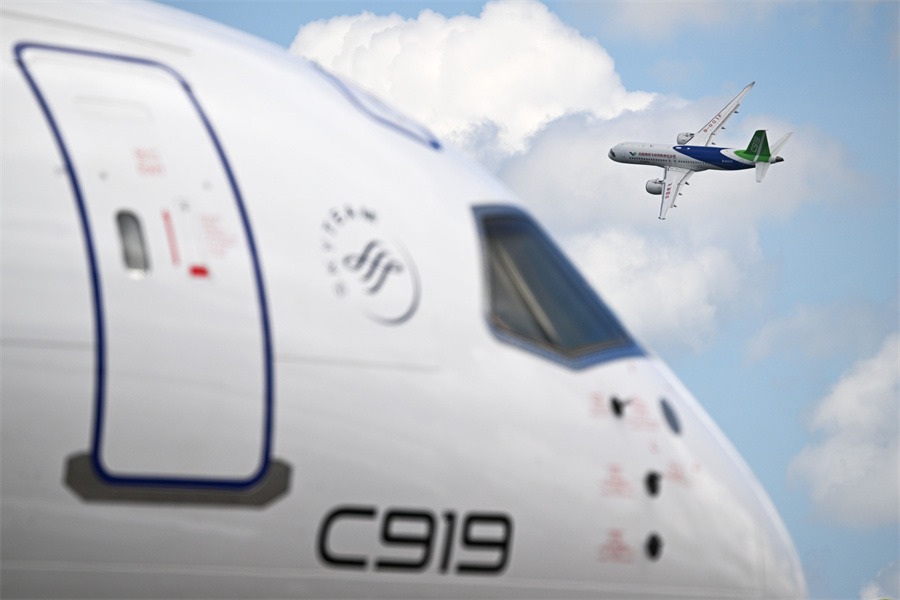Future is secure, but Hong Kong needs to boost its game


Apart from what made Hong Kong a global financial center, the city has some core strengths that speak for themselves. In the last few years, several policies were adopted to turn Hong Kong into a world innovation and technology hub by making the best use of those strengths. Development of the Guangdong-Hong Kong-Macao Greater Bay Area remains the most significant among the policies, and, hence, authorities in the 11 cities of the cluster and those in Beijing came up with their best bets. Hong Kong could forge ahead, but for a mindless social unrest that began in June 2019 and followed by the outbreak of the COVID-19 pandemic.
The word "resilience" perhaps goes best with Hong Kong, as proved time and again. And when intelligent minds make the calls, you have reasons to be optimistic. When economic planners and experts put their heads together to help the Hong Kong SAR community proactively integrate into national development, they were unequivocal in saying that the role the HKSAR plays in the country's drive to become a global tech power remains vital.
With the ever-expansive mainland market beefing it up, the HKSAR has maintained the unique advantage of "one country, two systems" alongside its close links with global markets. While many parts of the world are still struggling to resume economic activities due to the pandemic, the Chinese mainland economy emerges smartly from it.
Before going into the positives, let's take a look at data released in April: China's economy grew 18.3 percent year-on-year and GDP reached about $3.82 trillion in the first quarter of 2021. It happened as strong domestic and foreign demand powered recovery from a low base in early 2020 when COVID-19 stalled the Chinese economy. In January, a United Nations Conference on Trade and Development report showed that when the global economy was in the doldrums in 2020, China drew more foreign direct investment than any other country, dethroning the US. In the previous year, the Chinese mainland had brought $163 billion in capital inflow, compared with $134 billion for the US.
During the discussion on the 14th Five-Year Plan (2021-25) and the opportunities it brings along for Hong Kong, Leung Chun-ying, a vice-chairman of the nation's top political advisory body, hit the right note, saying that the HKSAR and most international societies have few clues about the status quo and strategic development on the Chinese mainland.
What I fathomed from the experts' discussions is that the massive mainland market is needed to push forward the integration of the innovation, value and industrial chains, and that Hong Kong should take full advantage of the market and the nation's self-reliance strategy in science and technology.
The latest five-year plan is different from the previous ones in a key aspect — HKSAR's strategic positioning. "Hong Kong's traditional role as an intermediary and a connector between the mainland and overseas markets will be upgraded to that of a pivot, playing a key role in boosting the nation's ‘dual circulation' development pattern," said Liu Yuanchun, vice-president of Renmin University of China. The latest development blueprint offers unwavering support to turn the HKSAR into a world innotech hub, enhance its position as a global aviation pivot, and develop it into an exchange center for arts and culture between the mainland and the world. The blueprint also reinforces the resolution to consolidate the HKSAR's status as an international offshore renminbi trading hub, a global asset management center, a risk management pivot and a center for international legal and dispute resolution services in the Asia-Pacific region. The word "pivot" comes quite a few times, suggesting an upgrade in the HKSAR's strategic positioning.
To make the plan a success, Hong Kong has to address its weakness while also boosting its strengths. As the city boasts world-class universities and an open environment for scientific research, its technological forces remain an important component in the country's innovative system. "They will play a key role in supporting the country. We will speed up the establishment of the Greater Bay Area as an international technological hub," said China's minister of science and technology, Wang Zhigang.
It's necessary for Hong Kong to up its game in attracting scientists from both the Chinese mainland and abroad, and remove red tape that hinders policy implementation. The HKSAR government needs to work with the mainland's technological industry, and further boost spending in research and development, if it wants the city to be recognized as a global tech center.
As things stand now, there is no way to doubt Hong Kong's importance to China and the world. But to reap the best out of its blessings, it should improve the coordination and implementation work as it makes a fresh start.
The author is a Hong Kong-based journalist.
The views do not necessarily reflect those of China Daily.


































